Pure Earth’s country director in Indonesia, Budi Susilorini, recently spent a month in the New York office, meeting with colleagues, exchanging ideas and sharing experiences. We caught up with her to learn more about what motivates her. Budi is a key member of Pure Earth’s global team, which comprises of experts around the world, living and working in and around the communities we serve.
Update: 2018 marks Budi’s 10-year anniversary working with Pure Earth. Congratulations Budi, and thank you for your dedication to our work in Indonesia.
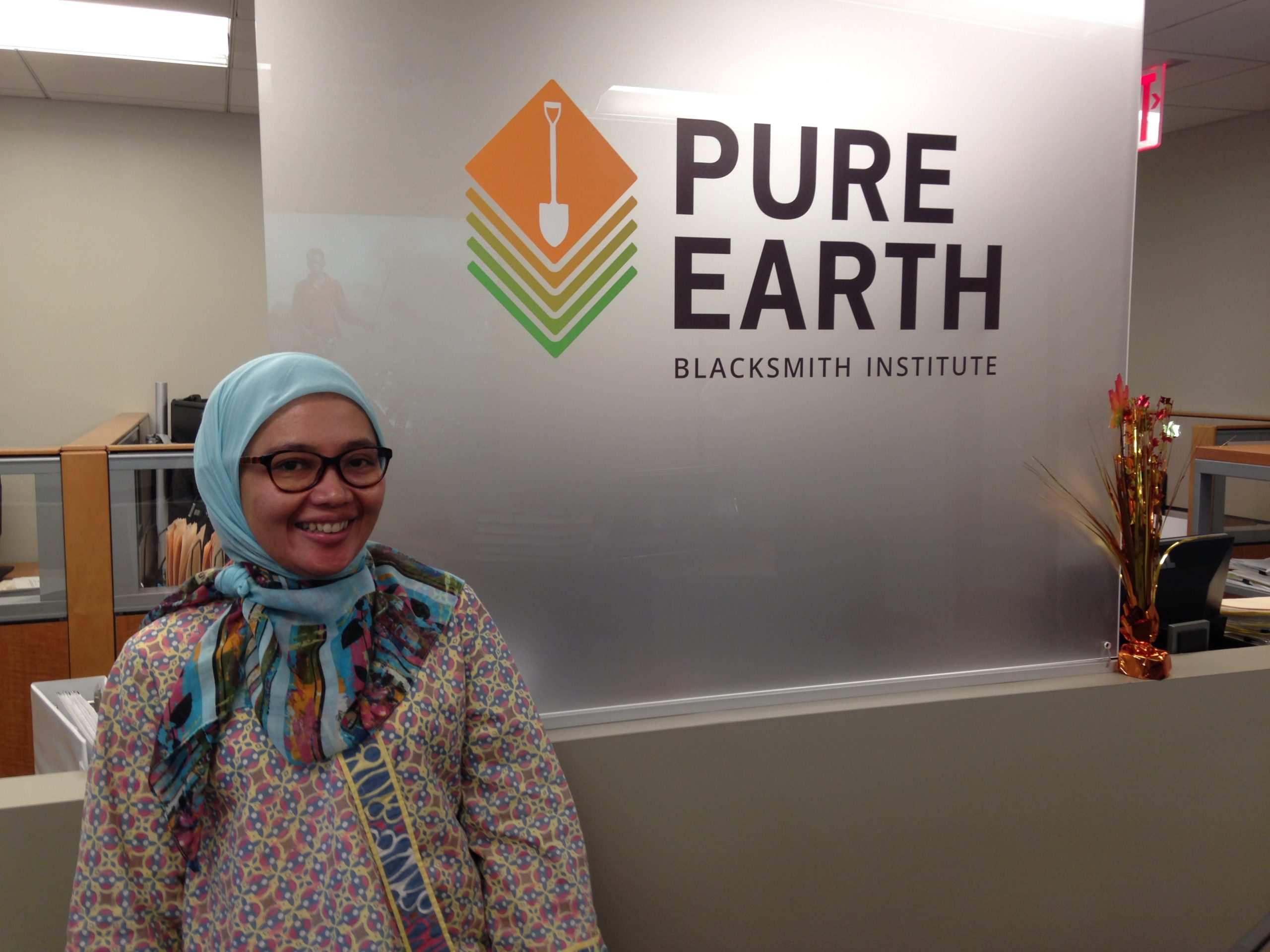 Budi in the New York office
Budi in the New York office
“I have personal interest in three areas: the environment, children, and women,” says Budi. And for almost a decade, she has been able to work on projects that combine all three passions with Pure Earth.
“My work keeps me in direct contact with the community. That is something I really like a lot,” she says.
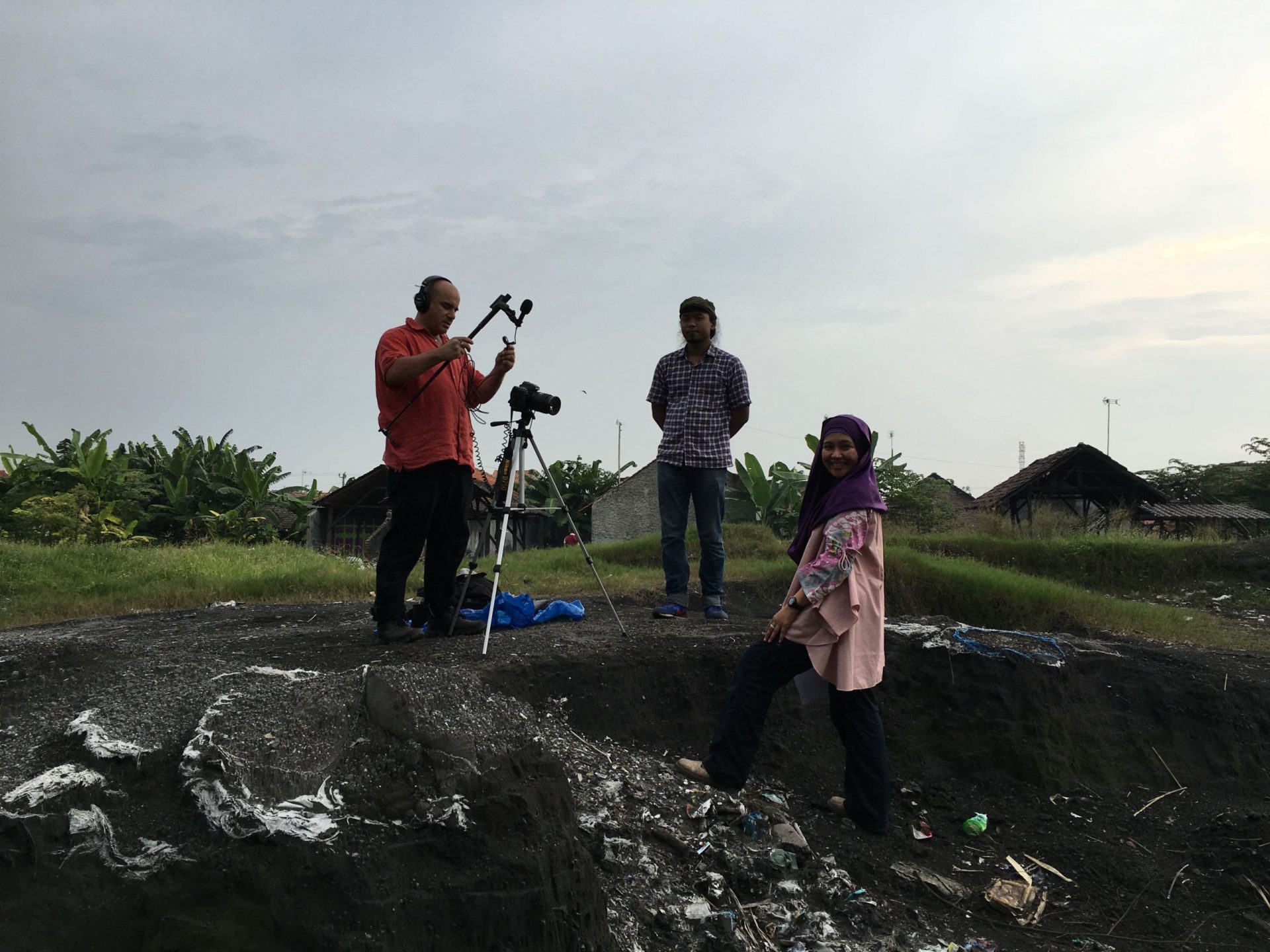 Budi preparing for an interview in the middle of a dumpsite in Tegal.
Budi preparing for an interview in the middle of a dumpsite in Tegal.
After attending graduate school in Ohio, Budi returned to Indonesia, working in advertising and then with a local NGOs, where she got her first taste of environmental fieldwork. In 2005, while on a mercury project coordination meeting with UNIDO (United Nations Industrial Development Organization) in Salvador, Brazil, Budi came into contact with Pure Earth, which was providing technical assistance to the group in Mozambique. A few years later, when Pure Earth opened an office in Indonesia, Budi was the first person called.
Today, Budi continues to work on the issue of toxic mercury pollution from artisanal and small-scale gold mining. Indonesia happens to be one of the world’s largest producers of gold.
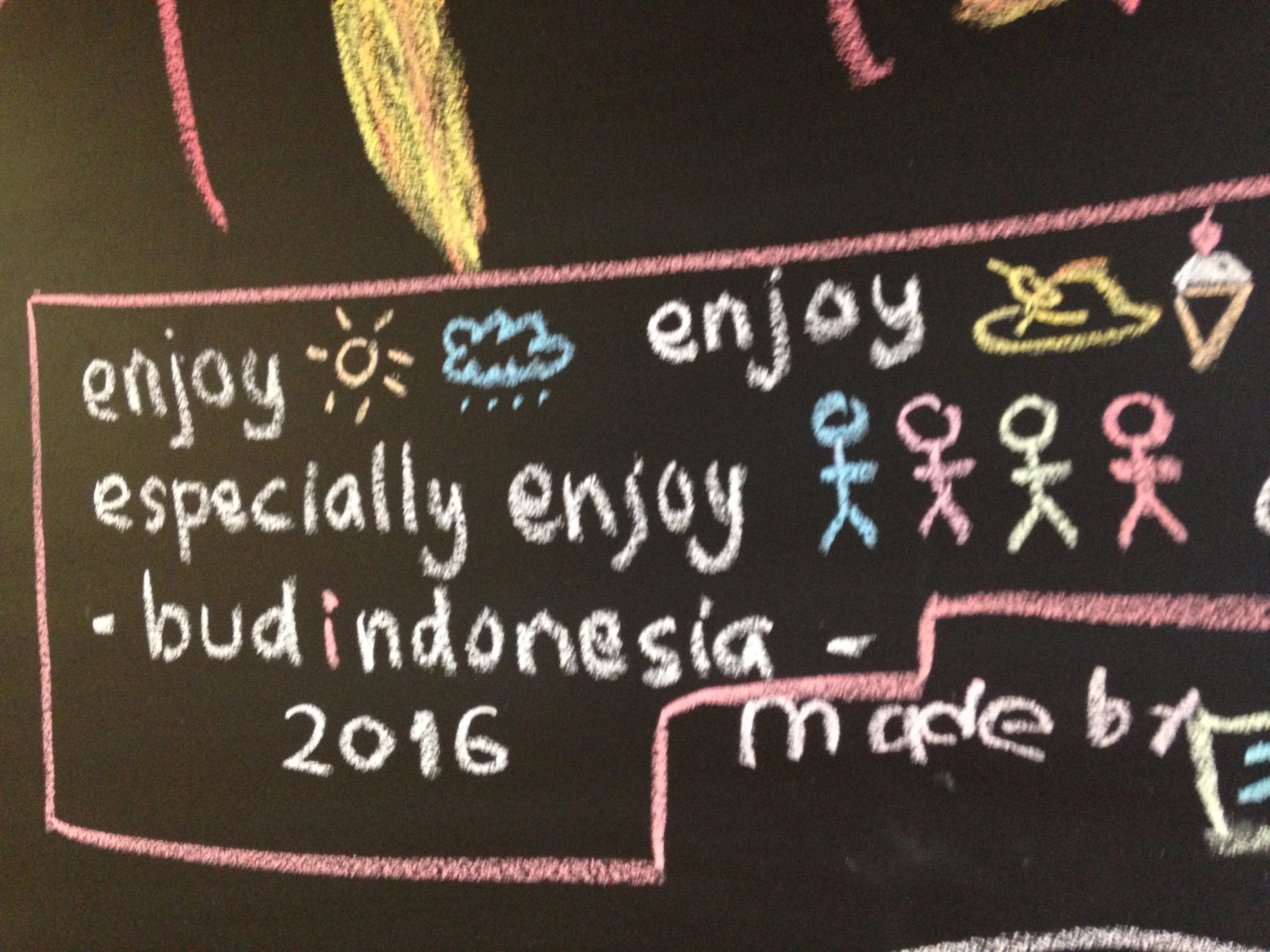 Before she returned to Indonesia, Budi left a message on the wall of Pure Earth’s office in New York, reminding all to enjoy life.
Before she returned to Indonesia, Budi left a message on the wall of Pure Earth’s office in New York, reminding all to enjoy life.
“I’ve visited places where pregnant women were helping their families by crushing ores. I’ve seen moms in groups grinding low quality ores while nursing their children on the side. I’ve also heard from doctors and experts who had done many health assessments and found lots of children suspected with mercury intoxication,” remembers Budi.
“Sometimes, they think that what is happening to their family is a curse from God. If there is a mental disability, they think, maybe I did something in the past. That is my curse. They do not correlate what is happening in their villages and their occupations to the diseases that their children are suffering.”
That is what Budi heard when she visited Cinangka, a village contaminated with toxic lead from the informal recycling of used lead-acid batteries (ULAB). Budi had helped to oversee Pure Earth’s cleanup of a contaminated soccer field in Cinangka, in Bogor Regency, West Java province, and is currently working on solutions to break the cycle of extreme lead poisoning in nearby Pesarean, in Tegal Regency, Central Java Province.
“If I didn’t work in the industry, I probably would not know about all the pollution problems either,” notes Budi.
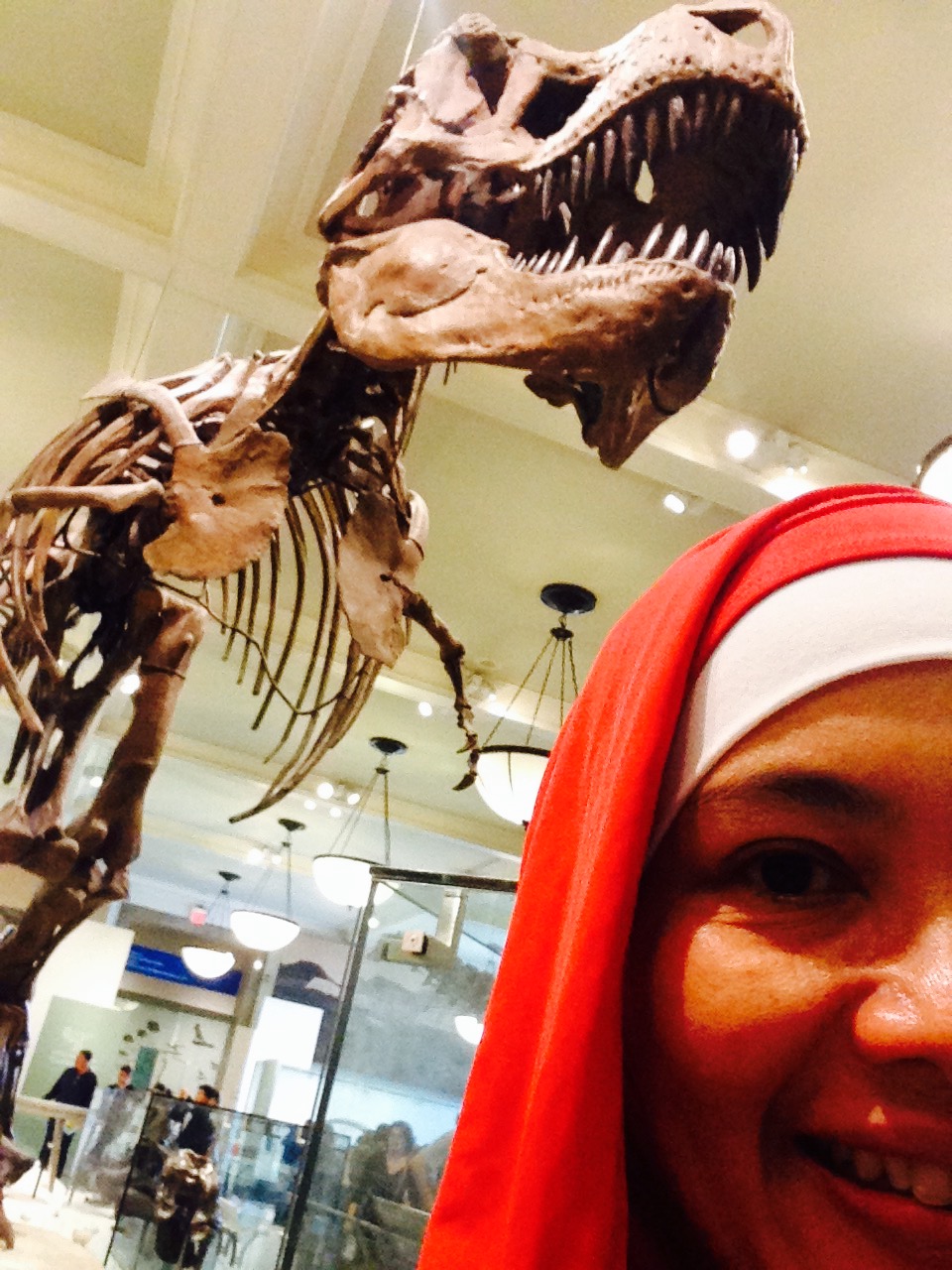 Budi on location in NYC.
Budi on location in NYC.
While she loves spending time in the field to actually see how pollution is affecting communities, she also spends many hours discussing public policy with government officials, and trying to engage with other NGOs and academics. She knows that she needs to build partnerships and consensus to get things done, especially for the big picture solutions that go beyond site cleanups.
“Right now we are assisting the government of Indonesia in developing a legal framework for environmentally friendly ULAB recycling that involves how the recycling should be managed. We are looking into how battery manufacturers should take all ULABs from consumers to be recycled in licensed and in environmentally friendly facilities.”
“It would also be great to have a handbook to show comprehensive solutions for sites contaminated with lead and other heavy metals so that other locations with the same problems can use the handbook as a model for cleanup.”
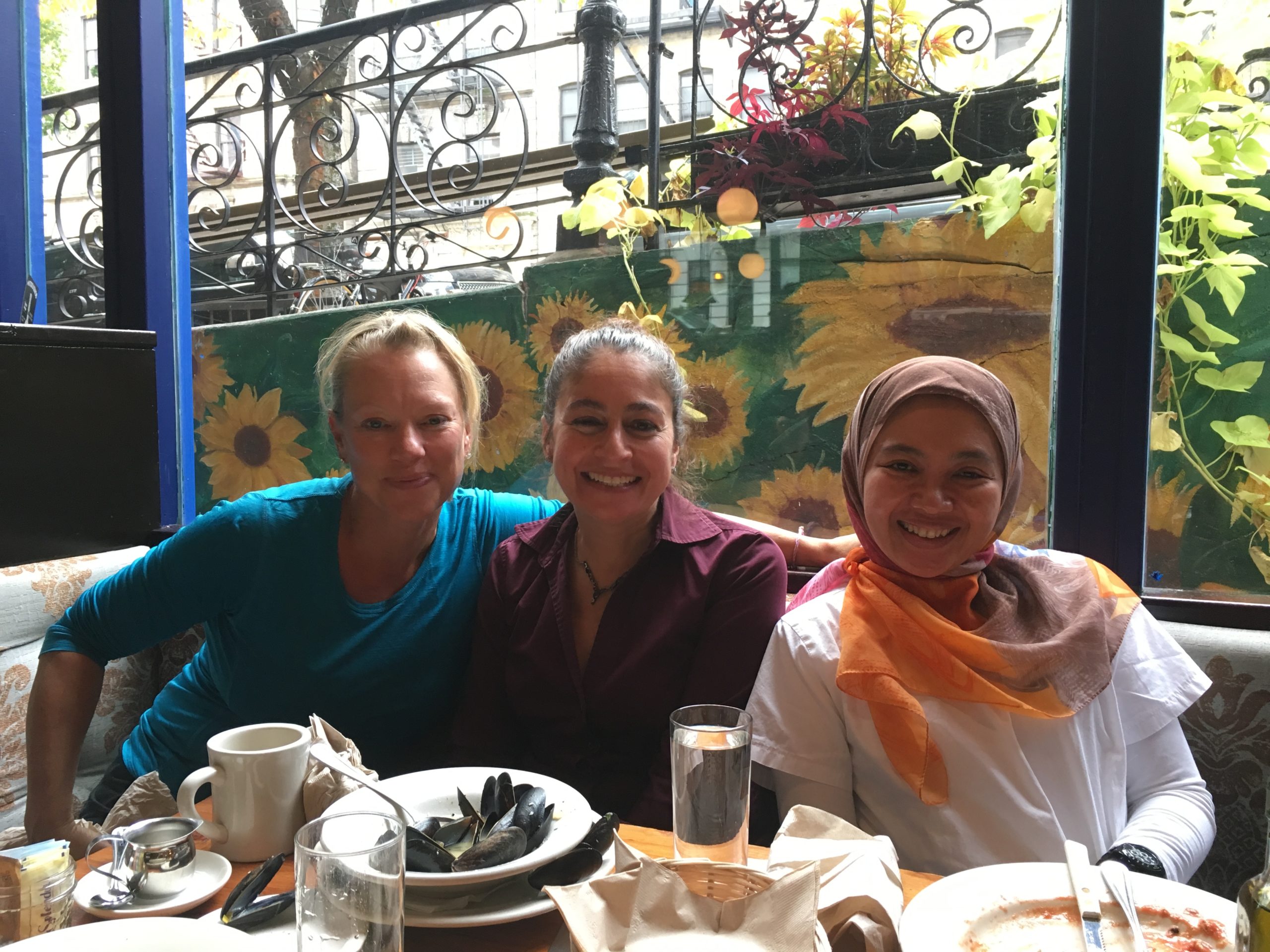 Lunch with NYC colleagues.
Lunch with NYC colleagues.
Another big effort is an ambitious plan to get government and the private sector to invest in rehabilitating polluted sites for commercial and community use.
“We are working now to see how the urban redevelopment plan that we are developing together with the government and the communities can be actualized,” explains Budi.
And if that is not enough to keep her busy, Budi and her sister just launched a clothing line, called Jelujur Jakarta, where designs are created using traditional Indonesian fabrics.
“Our philosophy is that we try to make the designs simple, but still comfortable and pretty.”
In a way, that reflects her no nonsense approach to pollution cleanup.
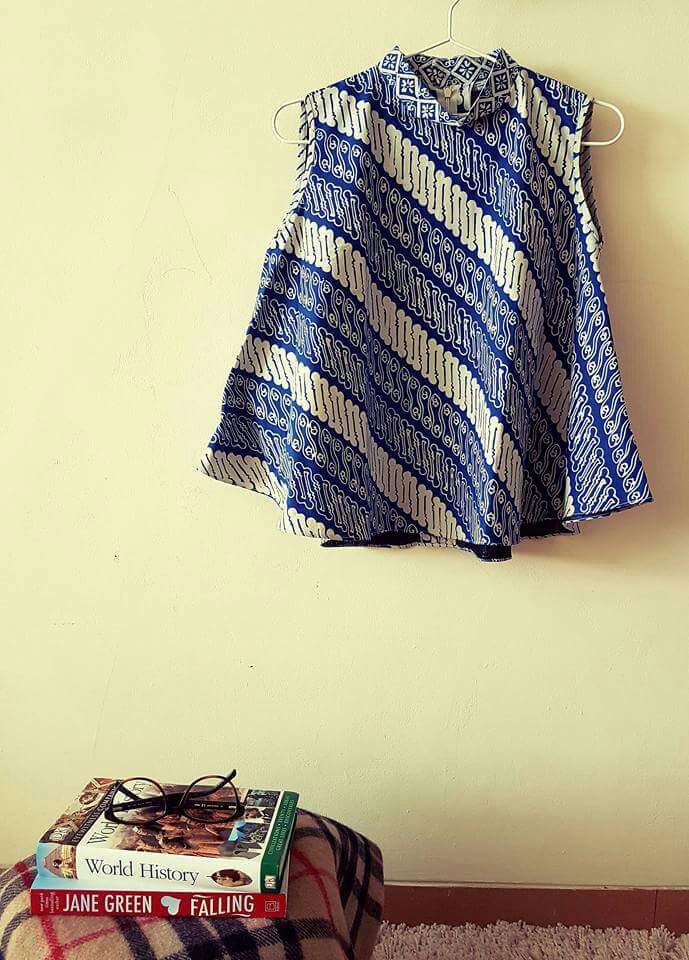
Related:



